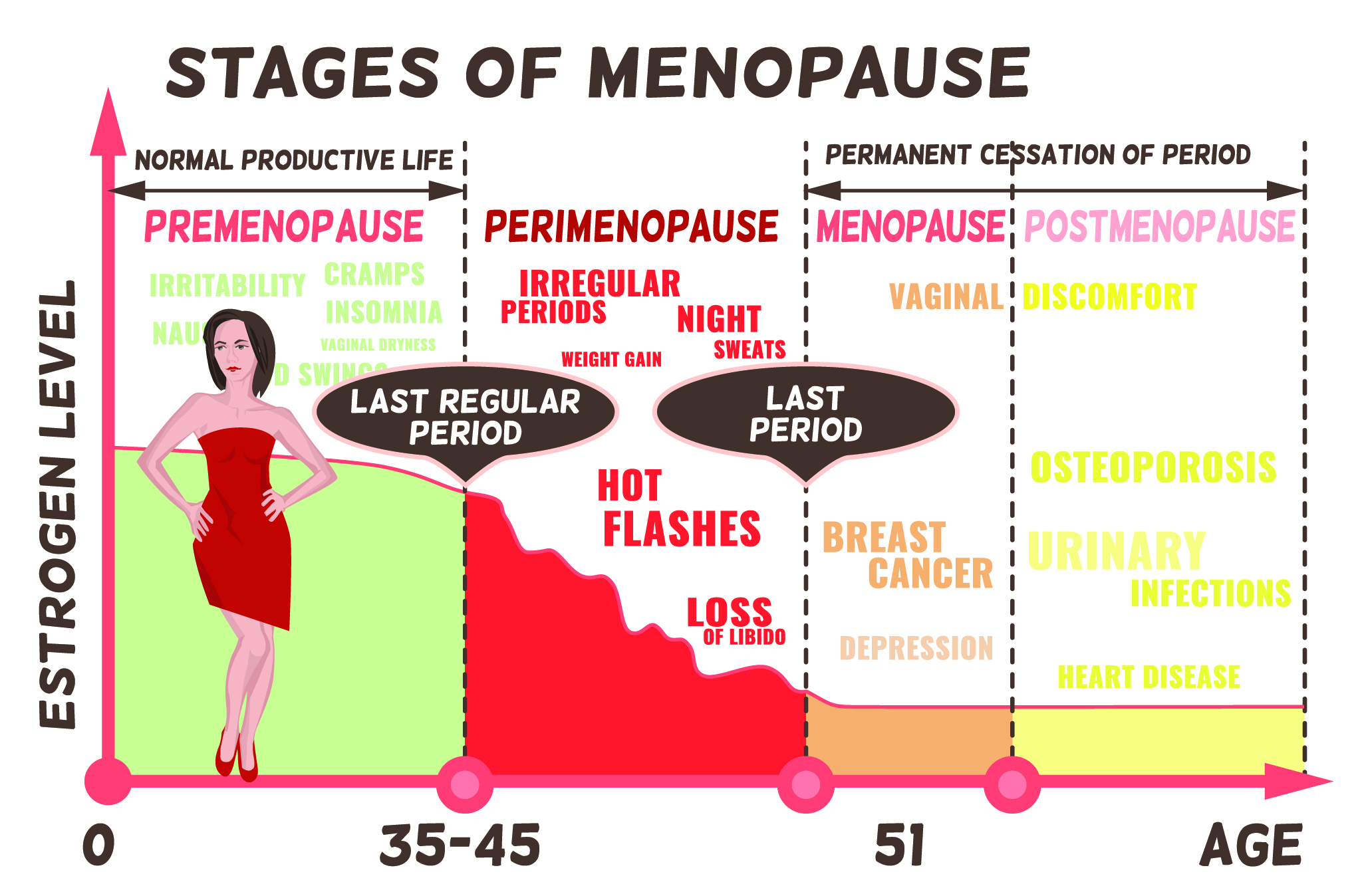
Title: Embracing the Journey: Viewing Menopause as a Pathway to Empowerment, Defiance, and Awareness
For numerous women, menopause signifies a significant change — not merely biologically, but also emotionally, spiritually, and socially. Although society frequently cloaks it in silence or stigma, an emerging narrative is reclaiming menopause as a transformative rite of passage, a period for contemplation, and, crucially, a significant chance to voice opinions, challenge outdated standards, and engage in mindful acceptance.
This article draws inspiration from a profoundly personal and authentic account that navigates the tumultuous yet transformative experience of one woman as she traverses the waves of perimenopause, menopause, and postmenopause. Through her perspective, we are encouraged to reframe the notion of aging as not a deterioration, but as an unveiling — of strength, vulnerability, and renewed empowerment.
Section 1: Menopause as a Trigger for Self-Discovery
Menopause frequently accompanies a myriad of physical, emotional, and psychological modifications — from hot flashes and disrupted sleep to decreasing bone density and changes in skin texture. Yet, beneath the roster of symptoms lies an underappreciated insight: menopause has the capacity to enhance self-awareness.
Initially, many women grapple with a lack of trust in their own bodies and emotions. The aspiration to “age like a goddess” is often shattered by the raw, genuine, and at times humiliating experiences during perimenopause. It becomes evident that there is no “correct” way to experience menopause — only authentic, personal narratives.
This stage compels women to confront discomfort, relinquish ego, and redefine their concepts of beauty and power. It is a sobering yet redeeming journey that paves the way for profound self-compassion.
Section 2: Perimenopause — The Awakening
Perimenopause, the lead-up to menopause, introduces a myriad of symptoms that can be bewildering, especially for women oblivious to the signs. Symptoms like brain fog, fatigue, hot flashes, sleep issues, and incontinence may often go unnoticed or misinterpreted as merely signs of aging or stress.
For the woman in our narrative, the recognition of entering perimenopause was met with unfamiliarity and surprise. However, as she started to inform herself and connect the dots, that understanding became a vital tool — an anchor in the turbulent seas of change. Mindfulness and active listening aided her in navigating these challenges, highlighting the importance of education for all women prior to entering this life phase.
Section 3: The Menopause — Releasing and Retaining
When menstruation ceases completely, many assume the worst has passed. Yet, as this narrative reveals, menopause often ignites a new wave of bodily, emotional, and psychological transformations. Issues such as incontinence, vaginal atrophy, and physical discomfort can begin to affect daily living, intimacy, and mental well-being.
There is a profound sense of loss involved — not just the physical changes but also the feeling of becoming “invisible” to mainstream society. Yet within this space, numerous women begin to resist — dismissing shame, embracing support communities, and discovering new ways to articulate their truths. It’s a personal uprising against silence.
Section 4: Mindfulness and Acceptance as Foundations
Throughout this journey, mindfulness acts as both a protective shield and a compassionate guide. Rather than dulling discomfort or resisting transformation, the practice of mindfulness encourages women to remain present — with pain, joy, and the limitations and strengths of their bodies.
Mindfulness itself becomes a form of rebellion: against societal pressures emphasizing youth, against self-denigration, and against the tendency to silence one’s own needs. It nurtures gratitude — for breath, for experience, and for the resilient bodies that continue to carry us onward.
Section 5: The Unspoken Challenges of Post-Menopause
As women progress into their sixties and past, new challenges often arise that are rarely discussed: urinary tract infections, worsening incontinence, skin concerns, cognitive fog, deteriorating bone health, and increased risks for heart disease and diabetes.
Too frequently, women are encouraged to “just cope” in a medical environment that traditionally underfunds issues specific to aging women. The message here is unmistakable: we must advocate for more research, greater education, and enhanced respect for both midlife and late-stage female health.
Hormone Replacement Therapy (HRT), once viewed with skepticism or fear, can provide tremendous relief for many women — physically, emotionally, sexually. However, it remains a deeply personal decision that should be made with comprehensive knowledge and respect. For some, HRT is a transformative lifeline; for others, its side effects may render it unsuitable. Regardless, the essential factor is choice — and the empowerment that comes from making that choice with confidence.
Section 6: Reclaiming Pleasure, Intimacy, and Body Assurance
One of the most striking themes from this journey is the determination to resist fading into invisibility or remaining silent about sexuality. Even as the body evolves and desire fluctuates, the pursuit and entitlement to pleasure still persist.
This is perhaps the most subversive act.